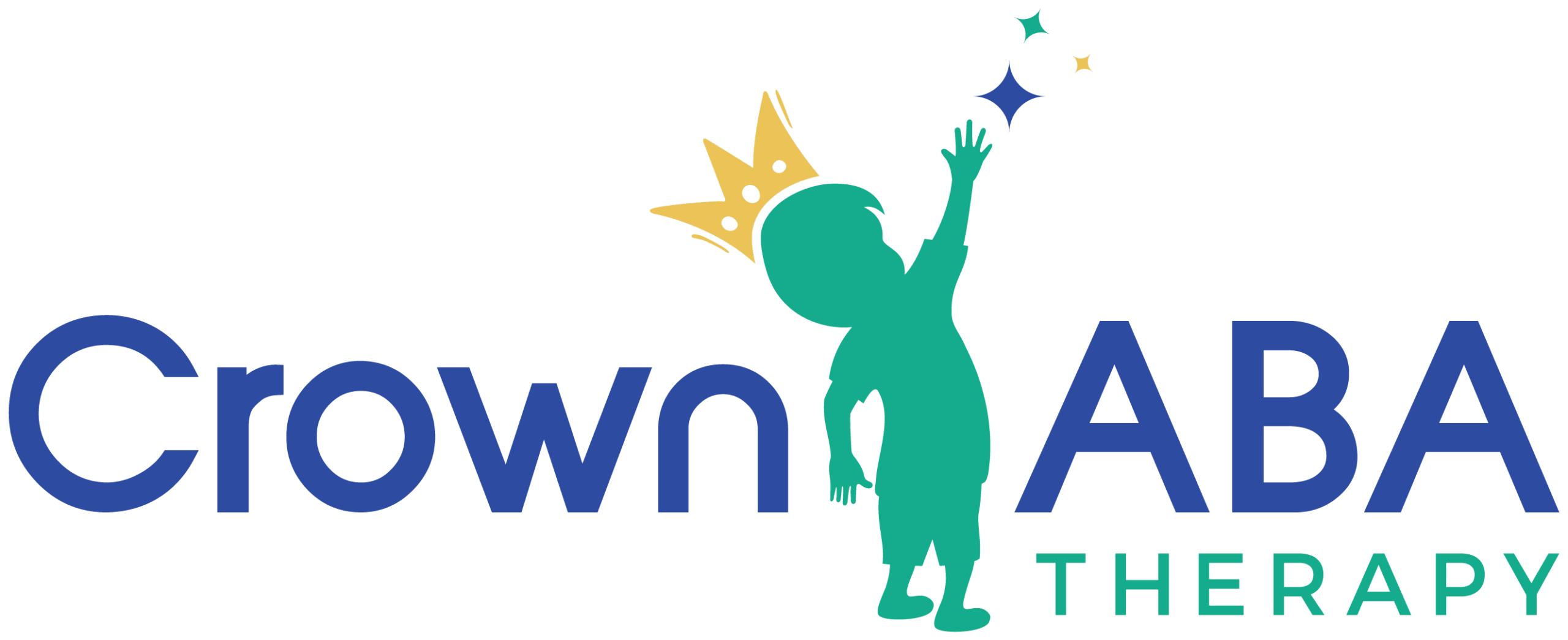Key Points:
- Zinc plays a vital role in brain development, immune response, and sensory regulation, all of which may be impacted in autism.
- Studies show a potential link between autism zinc deficiency and increased symptom severity, especially in early development.
- Identifying and addressing zinc deficiency can support a child’s nutritional needs and complement other therapies like ABA.
Parents of children with autism often search for treatment options to ease symptoms and improve their child’s overall well-being. A topic that’s gaining traction among researchers and families alike is autism zinc deficiency, which may influence behavior, immune health, and neurological development.
Is There a Connection Between Zinc and Autism?
Yes. Research suggests children with autism often have lower zinc levels, which may contribute to increased irritability, poor appetite, and immune dysfunction.
What Is Zinc and Why Is It Important in Autism?
Essential for a multitude of biological processes, the trace mineral zinc supports healthy cell division, immune competence, the repair of tissue damage, and the development of the brain. It helps regulate neurotransmitters—chemical messengers in the brain—which affect mood, attention, and learning.
In the context of autism, zinc is especially important due to its impact on neurological pathways and sensory processing. Low zinc levels can increase oxidative stress in the brain and impair communication between brain cells. For children on the autism spectrum, this could potentially mean increased sensitivity, anxiety, or difficulty regulating behavior.
Studies have consistently shown that children with autism tend to have lower zinc levels than their neurotypical peers. While not a direct cause of autism, zinc deficiency may contribute to the severity of certain symptoms, especially when it occurs during early development.
What Are the Symptoms of Zinc Deficiency in Autism?
Recognizing the signs of zinc deficiency can help families take action early. Many symptoms overlap with common issues already experienced in autism, making it important to consider nutritional testing and consultation with a healthcare provider.
Here are some telltale signs of possible zinc deficiency in children with autism. These signs may appear alone or in combination, depending on the individual.
- Frequent infections or slow wound healing
- Loss of appetite or picky eating
- Sensory aversions (especially to textures or smells)
- Hair thinning or brittle nails
- Poor growth or delayed development
- Increased irritability or emotional dysregulation
- Difficulty focusing or unusual fatigue
Because many children with autism have restrictive diets due to sensory sensitivities, they may be at higher risk for zinc deficiency, especially if their diets lack meat, seafood, legumes, or fortified cereals.
How Is Autism Zinc Deficiency Diagnosed?
Zinc deficiency isn’t always easy to detect through routine tests. Blood tests, hair mineral analysis, and dietary assessments are typically used together to evaluate a child’s zinc status.
Understanding how zinc levels are tested and interpreted can help guide appropriate supplementation and diet adjustments.

It’s advisable to consult a medical professional before beginning any supplement regimen. Excessive zinc intake may hinder the body’s ability to absorb copper and lead to other physiological disruptions.
Which Foods Are High in Zinc and Suitable for Autism-Friendly Diets?
Zinc-rich foods can be a great starting point for addressing mild deficiency, especially when dietary changes are feasible. However, for children with autism who struggle with limited diets, careful planning may be needed.
Here’s a list of foods high in zinc that may work well for children with sensory preferences. Try to start with small portions and slow introductions.
- Beef or turkey (minced or in meatballs for easier texture)
- Eggs (scrambled or in muffins)
- Chicken thighs or drumsticks
- Salmon or tuna (canned, in patties or spreads)
- Pumpkin seeds or sunflower seed butter
- Fortified cereals (low sugar)
- Chickpeas (mashed or in hummus)
- Quinoa or oatmeal
- Cheese or yogurt (if tolerated)
Parents should consider meal presentation, temperature, and preferred textures to improve the chances of acceptance.
Are Zinc Supplements Safe for Children with Autism?
Zinc supplements can be helpful, but they should be used under medical guidance. The proper dose depends on the child’s age, weight, and individual needs. Over-supplementation can lead to digestive upset, nausea, or mineral imbalances.
Choosing the right supplement and dosage is important for both safety and effectiveness.
Zinc gluconate and zinc picolinate are well absorbed and gentle on the stomach. Recommended dosages are up to 3 mg/day for ages 1–3, 5 mg/day for ages 4–8, and 8 mg/day for ages 9–13. To prevent stomach upset, give zinc with food and avoid taking it alongside iron or calcium supplements, which can hinder absorption.
Regular monitoring through follow-ups and lab tests is advised when using zinc supplements long-term.
Can Treating Zinc Deficiency Help With Autism Symptoms?
While zinc supplementation won’t “treat” autism, addressing a deficiency may ease some related symptoms, such as low appetite, sleep disruption, and emotional instability. Zinc supports the immune system, digestion, and brain signaling—all areas where children with autism may face challenges.
Parents have reported improvements in attention, mood, and eating habits after correcting a zinc deficiency. However, every child is different, and results can vary. That’s why nutritional support works best as part of a broader, individualized approach that includes behavioral therapies and family support—details you can explore in our article, “How the Best Vitamins and Supplements Improve Autism.”
Supporting Children Beyond Nutrition: Consider ABA Therapy
Addressing nutritional concerns like autism zinc deficiency is only one part of supporting a child’s development. Evidence-based behavior therapy, like Applied Behavior Analysis (ABA), plays a critical role in helping children with autism gain life skills, improve communication, and reduce challenging behaviors.
At Crown ABA, we provide compassionate, personalized ABA therapy in Maryland, tailored to each child’s strengths and needs. Our team collaborates closely with families to promote meaningful progress in daily routines, learning, and social interaction.
If you’re looking to build a strong support system for your child, Crown ABA is here to help. Reach out today to learn more about our services and how we can be part of your family’s journey.





